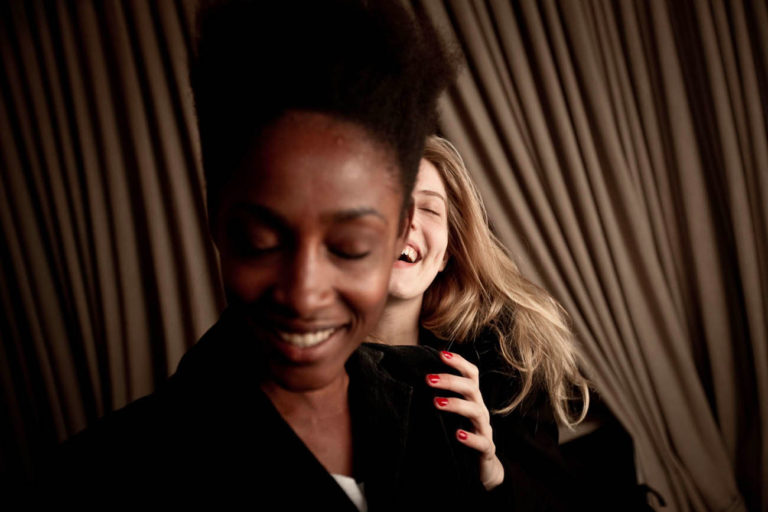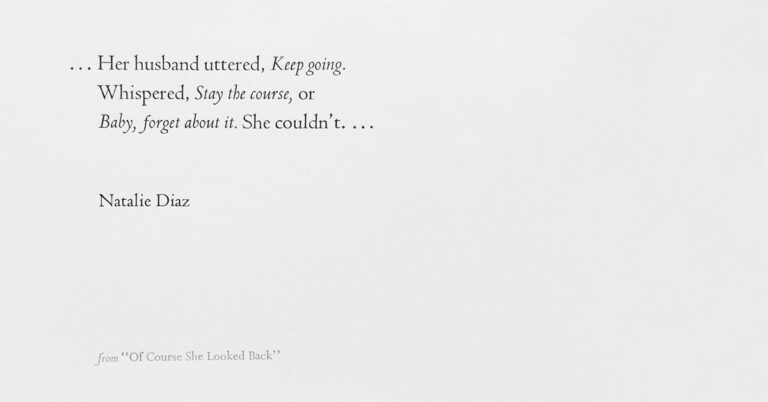
Image by Simon Plestenjak/Flickr, Some Rights Reserved.
Gathering Friends Like Roses
Surround yourself with people who always insist on seeing the incomparable radiance of your being, and who refuse to let you settle for less than who you are.
As so many of us go through the valleys of life, as the world community seems to be… off somehow, I keep thinking about how to begin a journey of healing in small pockets, luminous communities of a few souls here and there. That has led me to meditate on how we rely upon the companions of the heart that we get to pick, our friends. I’ve been reflecting on friends, and friendship, and how to choose better friends, or rather, friends who are better for us.
Many of us go through cycles. In high school and college, we have larger circles of friends. As we move through our 20s, that circle tends to tighten up, becoming focused on a much more intimate group. Often there is a significant other, a romantic partner who receives the bulk of our attention, and then we go back to explore the need for friendships. As romantic relationships grow and mature, the flame of passion either burns out or gets deepened into the embers of a loving friendship, a friendly lover.
As we move to the autumn and even winter of our lives, whether these relationships endure often depends on whether there is a solid core of friendship at the heart of our relationships. Even the health of our relationships with our parents, siblings, and children often depends on the friendship we share with them. One way or another, we need to figure out how to choose our friends, and how to deepen our friendships. So I’ve been turning back to the treasures of wisdom over the centuries to see what gems they have to offer us in this regard.
I found one such story in a lovely ethical tale, a 13th-century masterpiece called The Golestan (“The Rose Garden”). This tale, like so many medieval allegories, begins in a worldly setting and soon wanders off into the realm of fanciful imagination.
The setting is a public bath — what we often call “Roman bath,” but that also could be called a Turkish bath, Persian bath, Arabic bath. The hammam was part a social club, part spa, part hub of society. In the story, a woman visited the hammam, and a beloved friend brought a fragrant piece of clay to her. The woman smelled the clay, and found that it smelled like a rose. Puzzled, she started speaking with the clay. (People in medieval allegories often speak to inanimate objects, and do not act surprised when the objects speak back to them). Here is how the poet Sa‘di narrates the story:
One day in the bathhouse, a sweet-smelling clay was handed to me by a loved one.
“Are you musk or ambergris?” I asked, “for I am intoxicated by your enchanting fragrance.”“I used to be just mud,” it said, “ a mere nothing, but I for a while I kept the fellowship of the roses,
the perfection of my companions had an effect on me.Otherwise, I am nothing but dust.”
— Sa‘di, Golestan, translation modified
In the Bible and the Qur’an, we as human beings are described as being a composite creature: clay and spirit. We are clay kneaded by God, suffused with the breath/Spirit. A great Sufi tradition from the heart of Islam talks about how each and every human being was made of a clay that had been kneaded by God for 70,000 years, and in every second of every minute of every day of every month of every year of those 70,000 years (!), God cast 70,000 love glances at the clay. It took all that divine love before our clay became worthy of receiving God’s spirit.
We can talk about this in a theological language (as the scriptures do) or we can talk about it in a humanistic, moral way (the way that Sa‘di, the 13th-century Persian poet does). We are clay, perfumed by the fellowship of the rose.
Each and every single one of us is clay, simple dirt. But the fellowship of true friends leaves a trace, a fragrance, an impression on us, till we ourselves become rose-like, fragrant, luminous.
Which brings me back to how to choose our friends.
When I was younger, I thought about qualities my friends possessed: this one was attractive, that one was funny. This one was witty, that one was brilliant. I focused on the qualities that my friends had.
As I get older, my process of picking my friends is more inward-looking. Rather than thinking about the qualities that they possess, I focus on the qualities that their friendship brings out in me. It is not about my friends, it’s about me.
Each one of us is a jumbled mess of contradictions. The line between good and evil does not divide nations or communities or religions, but rather goes right down inside each and every single one of us. The great Rumi says it best:
Each one of us is a jackass
With wings of angels tacked on.
This is what I seek in friendships. I want to know what qualities come out in me in the company of different friends. Do I become kinder, gentler, or does the inner jackass emerge? I am not talking about whether my friends challenge me, which I hope every loving friend does in a loving way. I am not talking about whether they hold up a mirror to me, so that I can see and wrestle with my own inner demons.
Instead, let each of us ponder: There are qualities inside each of us, more numerous than the grains of sand on a beach. Some of these qualities are luminous and beautiful; others are filled with anger, resentment, and pull us to the dark side of the Force.
Let us keep the fellowship of the roses.
Let the clay in us become fragrant, like the rose.
Let the rose transform us, the clay, into something luminous, fragrant.
Let us lean into the fellowship of the rose.
Let us seek a fellowship of those who always insist on seeing the light shining in, shining through you and me.
Let this light shine, the incomparable radiance of our being.
Yes, you and I are clay.
Let us be luminous clay,
spirit clay.


Share your reflection